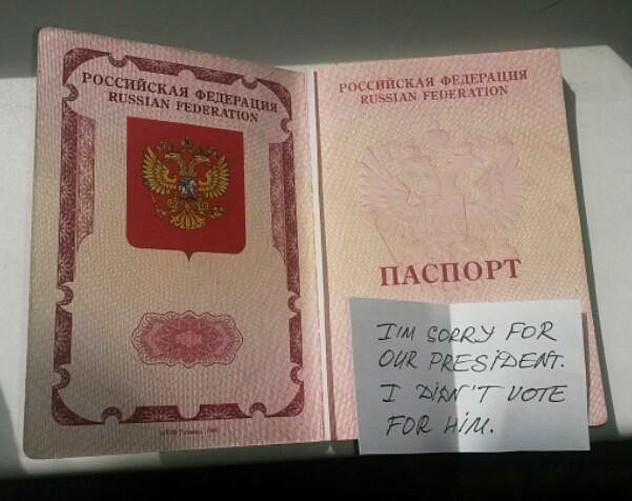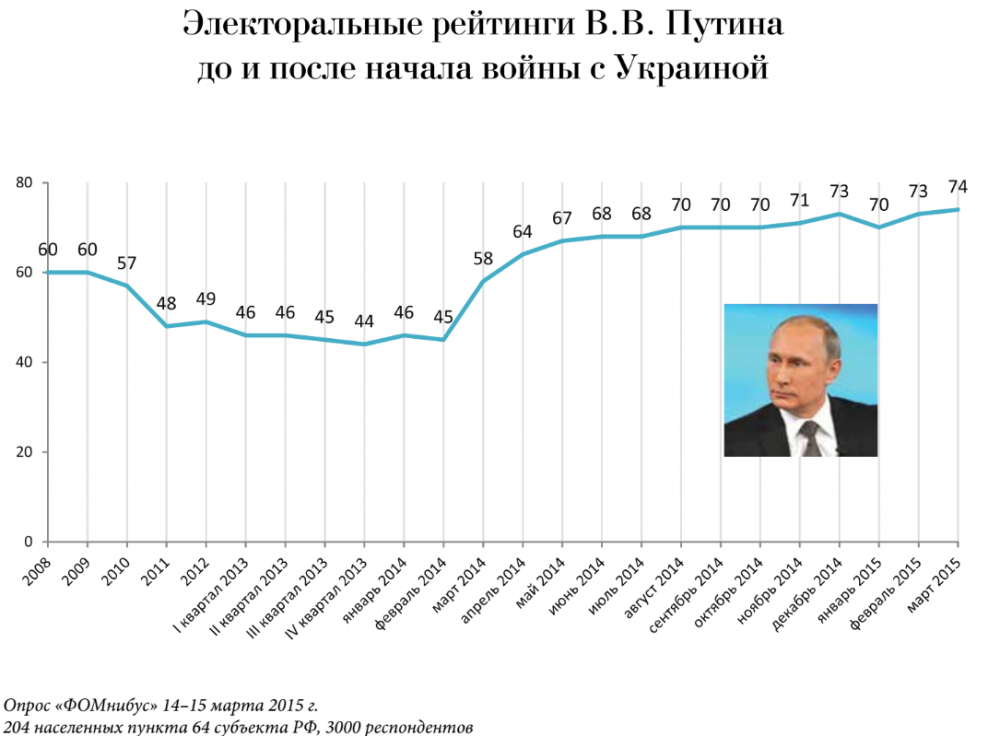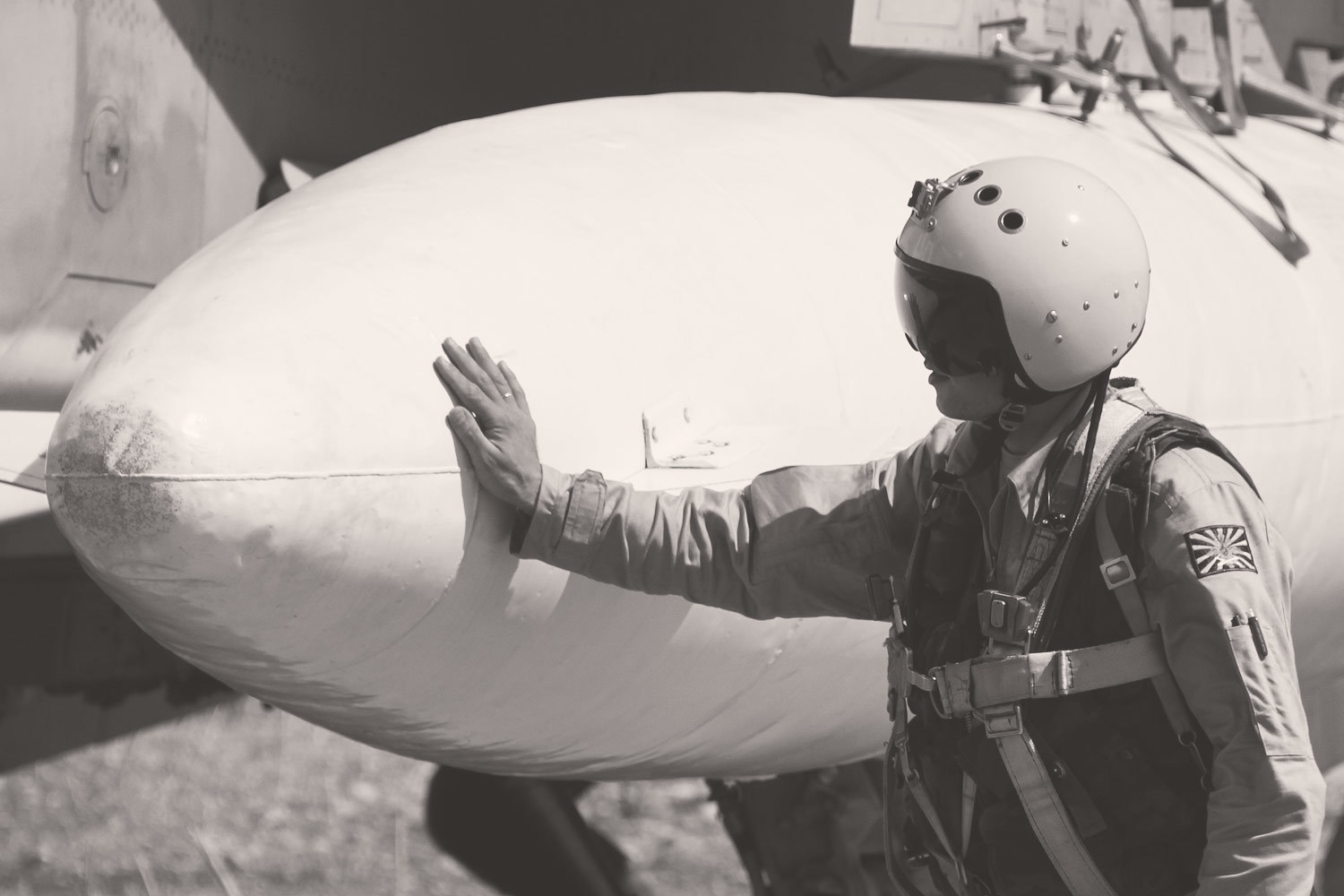For several decades before the demise of the Soviet Union, there was an intense debate among both Russian dissidents and Western experts concerning whether the communist system could be reformed, would collapse in the event of any attempt at reform, and would one way or another have to be replaced by something else.
Now that debate has been joined again about Vladimir Putin’s regime, with Igor Yakovenko arguing that “regimes like the USSR and Putin’s Russia can’t be touched or they will fall apart,” a parallel suggested by the fact that Putinist rhetoric increasingly resembles that of CPSU leaders at the end of Soviet times.
The Moscow commentator points to a curious conjunction of the events of the last few days – the Armenian protests, Yevgeny Primakov’s death, and the campaign to return the statue of Felix Dzerzhinsky to Lubyanka Square [in front of the FSB / former KGB headquarters building. The statue was taken down after the breakup of the USSR and the action symbolized the end of the Soviet totalitarianism at the time. - Ed.]
– to those of the anniversaries of the 19th CPSU Party Conference and the 28th CPSU Party Congress.
Twenty-seven years ago which opened on June 28, 1988, the party conference “put in train the process of the self-liquidation of the CPSU and the disintegration of the USSR,” coming as it did only a little more than a year after the January 1987 Central Committee Plenum which called for glasnost, moves toward privatization, and “’new thinking’” in foreign affairs.
That led to the publication of many things that had been banned and to the December 1988 revision of the Soviet constitution to allow competitive elections, something that had not been allowed since 1918 and was “in principle incompatible with the existence of the USSR and CPSU
in the form in which these two dinosaurs then existed.”
Mikhail Gorbachev thought all these changes were compatible with his continuing to serve as CPSU leader, but events soon proved him wrong: the violence in Alma-Ata and between Armenia and Azerbaijan, the killings in Tbilisi, and the way in which the three Baltic republics got ready “in a businesslike fashion” to reclaim their independence.
In response, Gorbachev and his team, “instead of trying to run this strange machine with the help of an accelerator and breaks, attempted to subordinate everything with the knout and thought up a new arrangement for the leader,” combining the head of the party and the presidency in one man, “a completely suicidal decision.”
The elections of peoples deputies in 1989 highlighted that reality, returning Boris Yeltsin to the center of politics and “bringing there Sakharov, Yury Afanasyev, Dmitry Likhachev, Yegor Yakovlev, Sobchak, Stankevich and another 250 people who later united into the Inter-Regional Group of Deputies.Their meetings electrified the country.
Those who remember those times or who read the statements of party officials cannot fail to be struck by how their responses to change were quite similar to the statements and responses of people around Putin, Yakovenko says, with those accustomed to having their orders obeyed coming up with the same ideas even though the situation had moved beyond them.
Had Gorbachev not been chosen party leader in 1985, Yakovenko says, and had Romanov or Grishin been chosen instead, “then today the country would live under the power of the latest secretary general of the party.” To be sure, the Soviet economy would no longer be second in the world, and possibly “several countries of the Warsaw Pact would have left.”
But “it is almost certain that in domestic politics, [that country] would have moved in the direction of North Korea but probably without the extreme features which are part of that remarkable country,” Yakovenko says. Thus, the analogy with the Soviet Union of the 1980s and Putin’s Russia now.
According to the Moscow commentator, “Putin had a 100 percent chance to die of old age in the office of president of a giant gasoline station.” But his decision to set the wheels of empire moving by his talk of ’the Russian world’ put in train the process of the self-liquidation of this system.
“Even the referendum on restoring the Dzerzhinsky monument is objectively not useful to the powers that be, because it will inevitably lead to a public discussion about the nature of the current powers and will have to be resolved,” Yakovenko continues.
It would be “irresponsible to predict the length of the agony” of Putin’s system, the commentator concludes, noting that “the USSR, after the steps incompatible with its existence were taken, suffered on three years. The steps incompatible with the life of Russia were made a year ago.”





